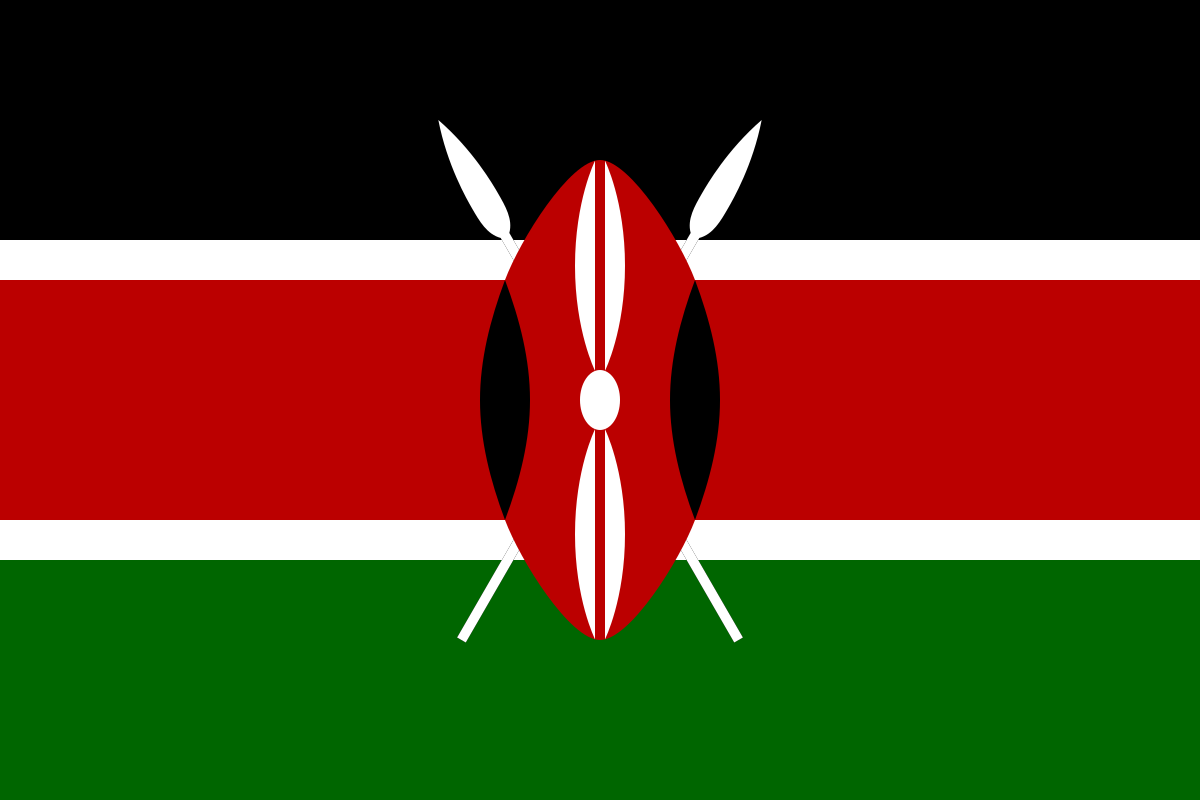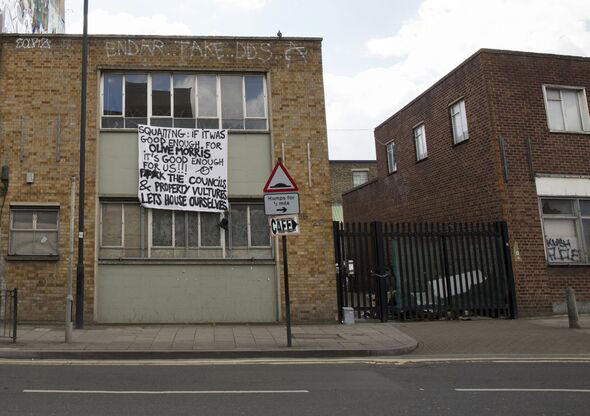Kenya is offering to mediate in Sudan’s conflict in which more than 400 people have been killed and thousands injured or left homeless.
The offer came Friday from President William Ruto in a statement, the second in a week on Sudan, even though the warring parties in Khartoum have not indicated readiness to talk and have largely ignored ceasefire calls.
With a partial ceasefire, however, Dr Ruto said there is now an opportunity to help end the conflict, through dialogue.
“Accordingly, to support further progress in the peaceful resolution of the conflict in Sudan, Kenya hereby offers to host a process of mediation between the parties to the agreement. We make this offer in the spirit of brotherhood, peace and solidarity as an acceptable neutral venue and also as an engaged stakeholder well-seized with the challenges facing our region,” Ruto said.
“Kenya has a strong track record in effectively facilitating peace-making and settlement of political conflict.”
Mediated South Sudan conflict
Kenya has in the past mediated the conflict between Sudan and then southern rebels under Dr John Garang. The outcome, the Comprehensive Peace Agreement (CPA) signed in Nairobi between Dr John Garang of the Sudan People’s Liberation Army (SPLA) and Sudan’s then Vice-President Ali Osman Taha led to the eventual cessation of South Sudan from Sudan in 2011.
However, the conflict in Khartoum today pits rival security forces in the country: The Sudanese Armed Forces (SAF) and the paramilitary Rapid Support Forces, whose leaders Abdel Fattah al-Burhan and Mohamed Hamdani Daglo ‘Hemedti’ have amassed recent political influence, backed by outside entities.
It is unclear if Kenya’s offer will be accepted, or even backed by Sudan’s key partners including the US, Saudi Arabia and the United Arab Emirates. But this is the first such offer from a leader in the region. Turkey had offered earlier in the week while the US was prevailing upon both sides to agree a long-term ceasefire.
Emergency meeting
On Thursday, an emergency meeting between the African Union, the UN and regional bloc Intergovernmental Authority on Development (Igad), as well as Sudan’s neighbours in the Horn and Gulf, including Kenya, resolved to “reject any form of external interference which will further complicate the situation on the ground”.
They agreed to “commit to coordinate, collaborate and harmonise their respective initiatives to resolve the conflict, stabilise the situation and silence the guns in Sudan”.
Give peace a chance
As such, they said Moussa Faki Mahamat, the Chairperson of the AU Commission, will work with the request the Trilateral Mechanism in Sudan (which includes IGAD, UN and AU) in coordination with the League of Arab States, the European Union, the Troika (US, UK, Norway) and bilateral actors, to immediately engage the leadership of the SAF and the RSF, as well as other key stakeholders to seek a solution.
Ruto, meanwhile, said he was working within AU’s “silencing guns” call and conveying on warring parties “the numerous pleas and emphatic calls from our brothers and sisters in Sudan, the people of our region and the international community that it is now time to give peace a chance.”
“We invite the parties to take full advantage of this opportunity and urge Igad, AU and the UN to mobilise an effective international coalition to support a comprehensive peace-making agenda for Sudan,” President Ruto said. - AGGREY MUTAMBO, The EastAfrican













